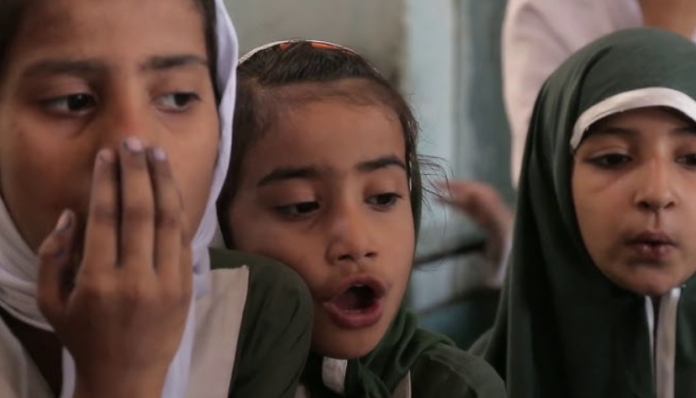Contents
KARACHI – In a bid to overhaul the province’s education system and ensure inclusive learning for all children—especially those from underrepresented communities—Sindh’s top education experts, researchers, and policymakers gathered for a pivotal discussion at Aga Khan University (AKU). Their shared goal: to embed field-based research at the core of education reform.
The event was part of the Data and Research in Education – Research Consortium (DARE-RC), a UK-funded initiative aiming to close the gap between data and decision-making in Pakistan’s education sector. Funded by the UK’s Foreign, Commonwealth & Development Office (FCDO), DARE-RC is the largest initiative of its kind in the country, and it’s now turning its spotlight on Sindh.
From Research to Real-World Impact
Instead of relying on abstract or top-down recommendations, DARE-RC is conducting 18 research studies across Sindh, all grounded in actual classroom realities. These studies are designed to generate insights that can directly guide how schools are run, how teachers are supported, and how children—especially those in marginalized communities—can access better learning opportunities.
Dr. Farid Panjwani, Dean at AKU’s Institute for Educational Development, underscored the importance of evidence-based policy, noting, “Research by itself doesn’t guarantee good policy, but without it, you’re essentially flying blind. The key strength of DARE-RC is its emphasis on research that emerges from the ground up.”
Key Areas of Focus: Equity, Resilience, and Accountability
Participants at the roundtable discussed several priority areas:
- Equitable access to education: ensuring all children, regardless of gender or socioeconomic status, have equal learning opportunities.
- Improving support for frontline educators: giving teachers and school leaders the tools they need to succeed.
- Building climate-resilient education systems: preparing schools to adapt to environmental and climate challenges.
- Enhancing data use for governance: turning information into action through better monitoring and accountability.
These discussions are expected to directly shape Sindh’s next education sector plan, moving beyond rhetoric to action backed by hard data.
International Backing and Local Ownership
Richard Yates, Deputy Head of Mission at the British Deputy High Commission in Karachi, emphasized the UK’s support for Pakistan’s education reforms, stating, “Education is not just personal—it’s national. We’re proud to support this effort that’s built on research and real-world evidence.”
DARE-RC’s Team Lead, Dr. Ehtasham Anwar, added that this initiative marks a milestone for education reform in the country: “For the first time, we’re seeing a project of this scale where research isn’t just academic—it’s being positioned to influence how policies are made.”
A Model for Others to Follow?
The collaboration—jointly led by Oxford Policy Management (OPM), AKU’s Institute for Educational Development, and Sightsavers—may serve as a blueprint for other provinces. If successful, Sindh’s approach could redefine how education policies are crafted in Pakistan: not in isolation, but in dialogue with the realities of classrooms, communities, and climate.


